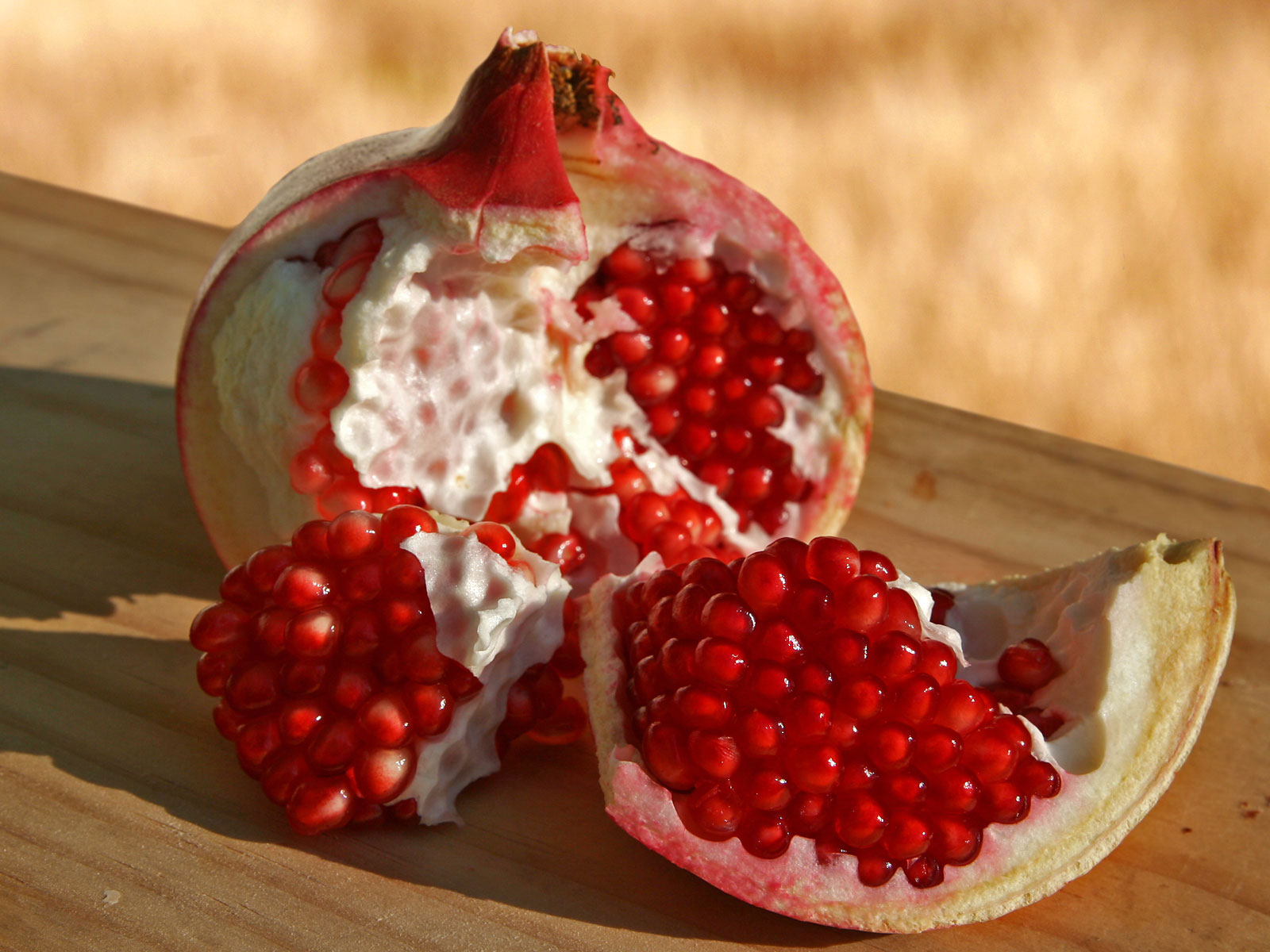When she asked me if I'd like her to renew the subscription, I politely declined and really haven't subscribed to any magazines since. Most magazines, under the gloss of peeks into celebrity homes and make-up tricks, also usually include one of those "You should start eating tons of fill-in-the-blank NOW and all your life's problems will be solved" articles. If print is dying I wonder if it's because dopey articles like these make up so much of magazine content. But this type of article is not limited to print. The internet and television advice shows are full of such scare-mongering/life-solving features.

A recent article on Slate's website tries to debunk the world of antioxidants and any healing properties they might have. Although I am in sympathy with its attempt to cast some science onto the snake oil claims that are frequently found in the aforesaid magazines, television and internet, it ended up pissing me off more than my third or fourth issue of Prevention ever did. The premise that all antioxidant supplements and juices, (pomegranate is held up as a prime example) are not only not good for you but might be really, really bad for you, but even kill you, brings scaremongering to a whole new level. Its focus on poor doctors not feeling comfortable steering their patients away from such naughty things as pomegranate juice seems skewed. By stating there is no evidence that antioxidants really help anyone, but also not really coming up with case studies on how they have actually harmed someone, the article comes off as just as vague and unreliable as the virtues proclaimed by the various vitamin and food companies it is trying to debunk.
The author quotes a 2007 study, "Whether this line of inquiry turns out to be hokum or the first step toward elucidation of antioxidants' role may take years to sort out," yet the heading proclaims that "Antioxidants don't work, but no one wants to hear it." Talk about your mixed messages and false advertising.
I prefer my grandmother's old saying, "Moderation in everything." I'm sick of everyone labeling things, food included, as "good" or "bad." Egg yolks were bad, now they may be good. Sugar is bad for some, but sugar alternatives are worse. Everyone is different, and doctors should work with their patients on individual nutrition plans and try to stay away from generalities. Folk wisdom is sneered at in the article, but some things do seem to work for some people (even if not for others.) I can't explain why acupuncture works for me, but it does. I can walk in with a throbbing, achy knee and walk out without it. When my daughter was 2 years old I would get every childhood illness she got at daycare, but in a far worse adult version. I got sick of getting sick and started taking echinacea and upping my vitamin C and a few other supplements as well as making some dietary changes and my immune system got a huge boost. I rarely get sick, but when I do, it seems a much more mild illness now than I'd get then.
The answer for me is that there are no answers. And there are no miracle cures. Try something, and if it works fine, but don't feel like you have to jump on the acai berry or whatever is being extolled as the latest miracle food band wagon. We should all try to eat and live as healthily as we can, but not stress it when the urge for something fried or sweet comes along. And doctors shouldn't try to make folks feel guilty because they like pomegranate juice once in a while.


0 comments:
Post a Comment